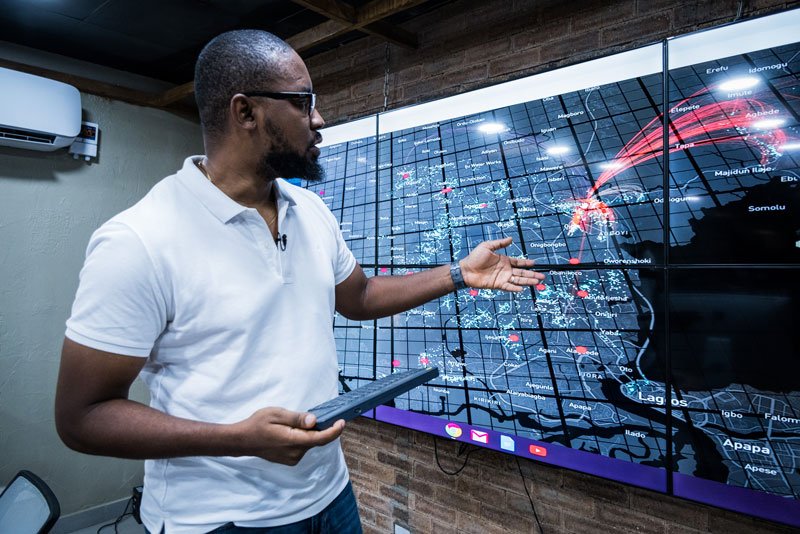Business
SRAP 2:0: How NITDA Plans To Transform Nigeria Into A Digital Powerhouse

Nigeria’s determination to transform into a digital powerhouse may have entered an earnest gear with the adoption and steady march of its SRAP 2.0 programme.
SRAP 2;0 stands for Strategic Roadmap and Action Plan, and anchors on an eight pillar arrangement, the first of which aims to cultivate talent and foster digital literacy of up 70% by 2027 and 95% by 2030
Director General of the National Information Technology Development Agency (NITDA), Kashifu Inuwa Abdullahi CCIE, speaks fondly of this great ambition, and how Nigeria and Africa would be significant to the Fourth Industrial Revolution (4IR).
At the second edition of Global Tech Africa Conference, held in Lagos, Inuwa spoke of an abundant youthful demography, to make the digital powerhouse dream possible.
He noted the over 60% of Africa’s population under 25, presenting a vast market for digital products and services.
This wealth in a burgeoning youth population, rich natural resources, and a growing digital market, he added, position both Nigeria and Africa in strategically harnessing the transformative power of technologies like artificial intelligence, blockchain, and the Internet of Things.
The second pillar in the transformation of Nigeria to a digital powerhouse, focuses on building talent within the country to develop digital offerings.
“We need to build our proficiency in-country and develop our digital offerings in Nigeria. We have identified six emerging technologies which we are going to invest richly in: AI, IoT, UVV, blockchain, robotics, and additive manufacturing”
READ ALSO: Science & Technology Devt: Here Are Those Holding Us Back
“Another critical area is strengthening policy implementation and the legal framework to support innovation. Our approach to regulation is a developmental regulation, one that unlocks opportunities rather than stifles innovation. We look at anything that can influence business, societal, or market behaviour as a regulatory instrument to activate activities within the ecosystem.”
“Promoting inclusive access to digital infrastructure and services is also a priority. We need to connect the unconnected and invest in underserved communities. In the digital era, everyone needs to be part of it to benefit and be digitally visible.”
“Enhancing cybersecurity and building digital trust are paramount. We need to build confidence in our citizens and improve our cyber resilience to protect our digital space,” he said.
“Nurturing an innovative and entrepreneurial ecosystem is another key focus. “We need platforms where we can identify startups, help them incubate and accelerate, and provide access to networks and funding. We are implementing initiatives like the Nigerian startup act, which provides a legal framework for startups to access incentives and funding.”
READ ALSO: Can Innovative Science And Technology Address Climate Change Burdens?
“Forging strategic partnerships and collaboration is essential for success. No one succeeds in isolation. We need to bring everyone on board, including academia, innovators, corporate organizations, and venture capitalists, to work together as an ecosystem.”
“The final pillar is internal transformation within NITDA and other government agencies.
“We are transforming the agency, building skill sets, and cultivating the mindset.
We use NITDA as a platform to experiment with emerging technologies, automating our processes, and using AI to improve decision-making,” he concluded.




























